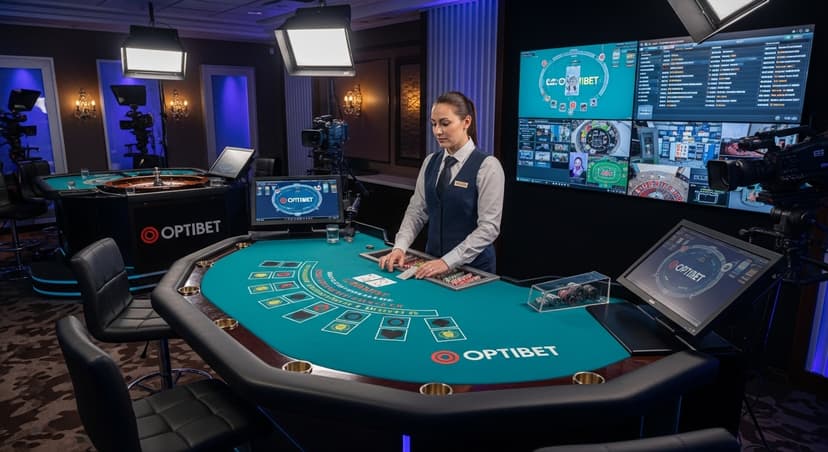Swedish Regulator Tightens Player Protection Rules in Live Casino


Key Takeaways:
- Spelinspektionen proposes stricter identification and monitoring for player protection in live casino operations.
- The changes aim to detect problem gambling early and suspend accounts, increasing compliance costs for operators.
- Consultation is ongoing, with implementation slated for 2026, potentially influencing other European markets.
- Operators like Leo Vegas may need platform adjustments to align with responsible gambling standards.
The Swedish Gambling Authority, Spelinspektionen, has introduced a proposal for enhanced identification and monitoring obligations aimed at bolstering player protection within the live casino sector. This move comes in response to investigations revealing shortcomings in existing measures to identify and msitigate problem gambling behaviors. The new rules would require live casino operators to deploy advanced systems for tracking player activity in real-time, including spending patterns, session durations, and signs of risky behavior during live dealer games such as blackjack and roulette.
Under the proposed framework, operators must implement automated alerts and account suspension protocols when thresholds for problematic play are crossed. This includes mandatory identity verification at login and ongoing monitoring during live sessions to ensure compliance with Sweden's stringent responsible gambling framework. The authority emphasized that current tools have proven insufficient, leading to delayed interventions and increased harm to vulnerable players. By mandating these upgrades, Spelinspektionen seeks to foster a safer environment, aligning with broader EU trends toward consumer protection in online gaming.
For live casino providers, this regulatory shift represents both challenges and opportunities. Companies like Leo Vegas and King Casino, which offer extensive live dealer portfolios, will likely face higher operational costs associated with technology integration and staff training. However, adherence could enhance brand reputation and customer trust, potentially reducing churn in a competitive market. The proposal is currently in a consultation phase, inviting feedback from industry stakeholders until late 2025, with full implementation expected by 2026.
This development underscores Sweden's live gambling leadership in responsible gambling regulation, which could serve as a model for neighboring countries. As live casino popularity surges, with immersive experiences driving revenue growth, operators must balance innovation with compliance. Failure to adapt could result in fines or license revocations, highlighting the need for proactive measures. Overall, these changes aim to sustain the sector's growth while prioritizing player welfare, ensuring long-term viability in a regulated landscape.
The initiative also reflects data from recent studies showing a rise in live casino engagement, where interactive elements can exacerbate gambling risks if not monitored. Spelinspektionen has cited statistics indicating that early detection can reduce problem gambling incidents by up to 30%, justifying the push for stricter rules. As the consultation progresses, industry watchers will monitor how live casino operators respond, potentially shaping future regulatory approaches across Europe.
Sources:
Related News





